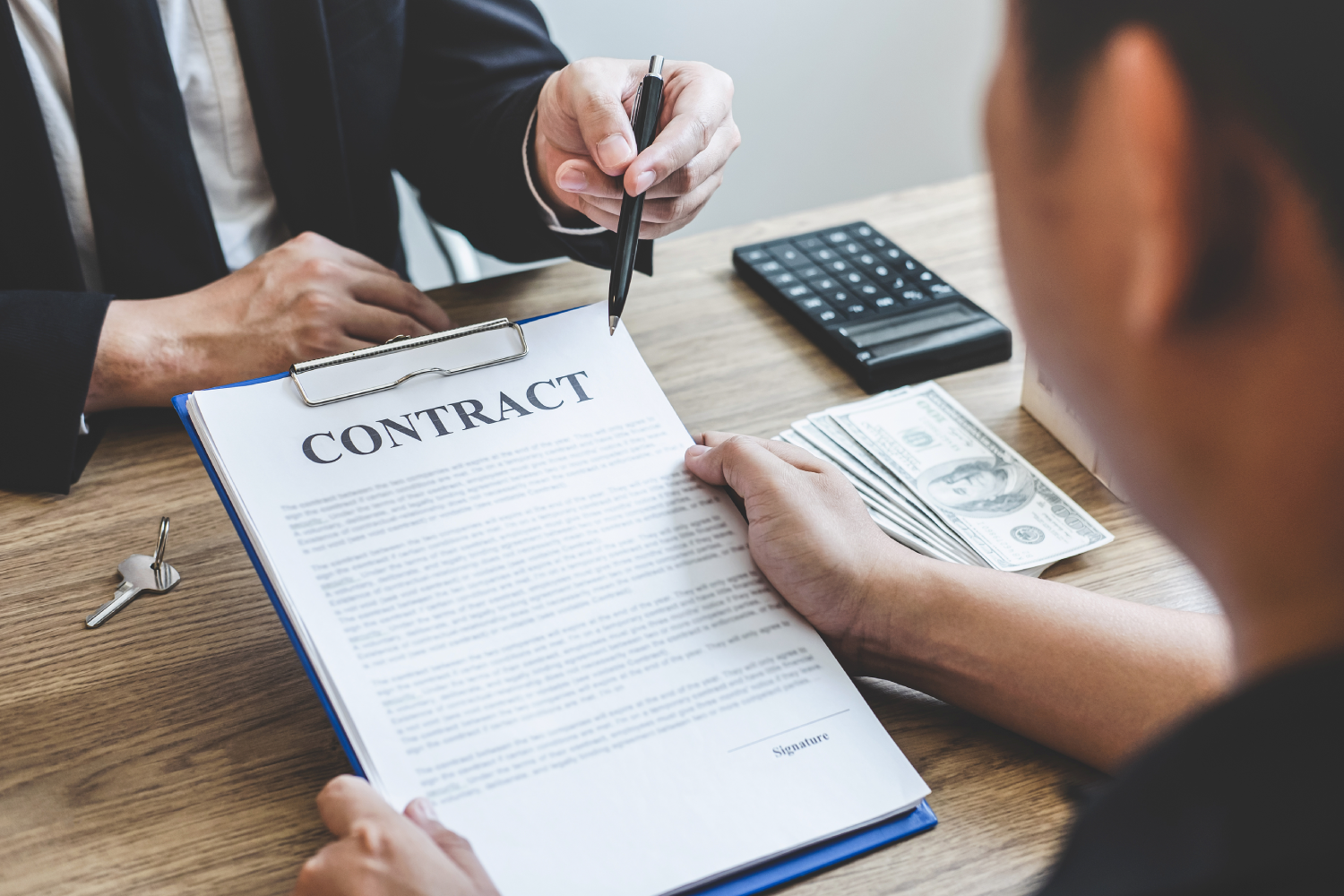Laws related to COVID-19 are changing daily at both the state and federal levels. Some basic guidelines can help in advance of changing legislation.
Here are some of the most recent updates:
- Do not share the identity of a tenant or employee of a commercial property if diagnosed with COVID-19. You should, however, share that a positive diagnosis has occurred in the building and encourage appropriate precautions.
- Take all available steps to maintain clean commonplaces, including lobbies, laundry facilities, and elevators using solutions that kill the COVID-19 virus.
- Consider closing discretionary social areas, including fitness centers and other common areas where people tend to congregate.
- Contracts, including purchase agreements, may have a force majeure, which extends the purchase timeline due to unforeseen and uncontrollable events.
- Force majeure provisions DO NOT excuse payment obligations such as mortgages or rent.
- If you are a landlord, consider reviewing your contracts for liability issues.
- Contact your insurance agent to determine if a claim can be made for business interruption as a result of government mandates.
Residential Housing Providers and Residents
In addition to the aforementioned precautionary steps, residential housing providers should consider posting material advising tenants and staff of best practices with regards to hygiene and general dwelling cleanliness.
Consider installing hand sanitation stations in unavoidable high traffic areas like elevators and entryways. Discussions around how to deal with, and/or screen, employees who may have been exposed to the COVID-19 virus are also important.
Consider reviewing the updated Equal Employment Opportunity Commission (“EEOC”) guidelines with regards to the spread of COVID-19.
More updated regarding commercial borrowers, hazardous materials, and construction projects can be found by reading the full article here.
